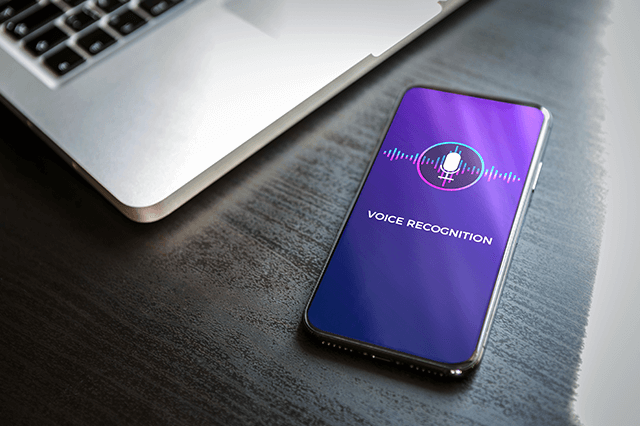The shift to Composable CX seemingly happened, to borrow a phrase, “gradually and then suddenly.”
Esteemed research group Gartner recently declared that “the future of business is Composable.” CCaaS provider Genesys took that baton and ran with it in a blog post about Composable CX. Kevin Mertz of ConvergeOne also explored what composability means to CX, touting APIs and microservices as key competitive advantages.
Here are 5 reasons companies are shifting to Composable CX in 2023.
Access Best-in-Class Technologies
The most obvious reason to adopt a Composable CX solution is that it allows you to reap the benefits of the best provider in each category.
Rarely does one company do everything well. A particular provider may have rapid transcription but poor word accuracy.
Or you love the breadth of languages recognized but don’t want to pay extra in the implementation phase when you already have your own I.T. team.
Using a Composable CX stack allows you to mix and match so you get the best features and benefits for all of your speech and voice needs.
Futureproof your Stack
A Composable CX stack allows you to change out a piece of your speech stack without having to start over from scratch.
Voice is a rapidly evolving industry. Every year we see improvements. Whether it’s using neural networks instead of HMM algorithms, or game-changing improvements to biometrics, speech recognition technology advances at the pace of Moore’s Law.
Getting stuck in an unchangeable mono-stack means you’ll see parts of your capabilities become outmoded within 2 years, with no ability to update it without ripping it out at the roots.
Being able to switch out pieces in areas that evolve faster will allow you to keep pace with innovation and save you time and money at the same time.
End Over-reliance on a Single Provider
It’s never a good idea to become overly dependent on a particular supplier, but it’s especially dangerous in this age of Big Tech takeovers.
The recent acquisition of Nuance by Microsoft has cast a stark spotlight on how quickly ownership can change, even for industry stalwarts.
The problem comes in what that means for you, the longtime customer. Suddenly you are being asked to migrate to a cloud that is owned by the parent company. Or the priorities on the engineering roadmap take a hard left toward corporate synergies.
When you rely on one provider for your entire speech technology stack, you’ll be building your house on somebody else’s land.
Save on Total Cost of Ownership
One of the biggest drawbacks to a single provider is that you lose your ability to shop around.
With single providers it’s all-or-nothing pricing. We all know that there are “loss leaders” and “cash cows.” A grocery store is happy to lose a little money on a coupon to get you in the door browsing the aisles, where you’ll inevitably see 10 other items that you’ll buy for full price.
In addition to the cost differential for the software itself, there’s also exorbitant Professional Services that can make implementation more costly than the software itself. Round ups to the nearest 15 seconds may not have seemed onerous when you’re starting out, but as you rapidly scale it can become an albatross around your operating costs.
A Composable CX stack gives you the flexibility to save budget where and when it counts.
Control Your Own Destiny
In times of great change, adaptability is the ultimate killer app.
Composable CX puts you in the driver’s seat. You can strike your own balance of accuracy and cost depending on your unique use case and business needs. You can bend the contract pricing to fit your own go-to-market strategy, whether it’s charging per minute, per hour, or per month. If one of the providers jacks up prices or goes out of business, you can easily swap them out for the latest and greatest voice entrant.
We all know that diversity is good in investing and that putting all of your eggs in one basket is a recipe for disaster. The same goes for your CX tech stack, which is why Composable CX is becoming the new norm.
Thinking about a Composable CX solution? Check out our Case Studies to see how other companies used Composable CX stacks across industries from communications platform providers and healthcare to financial services. Then book a free consultation to discuss how it can benefit your business.





